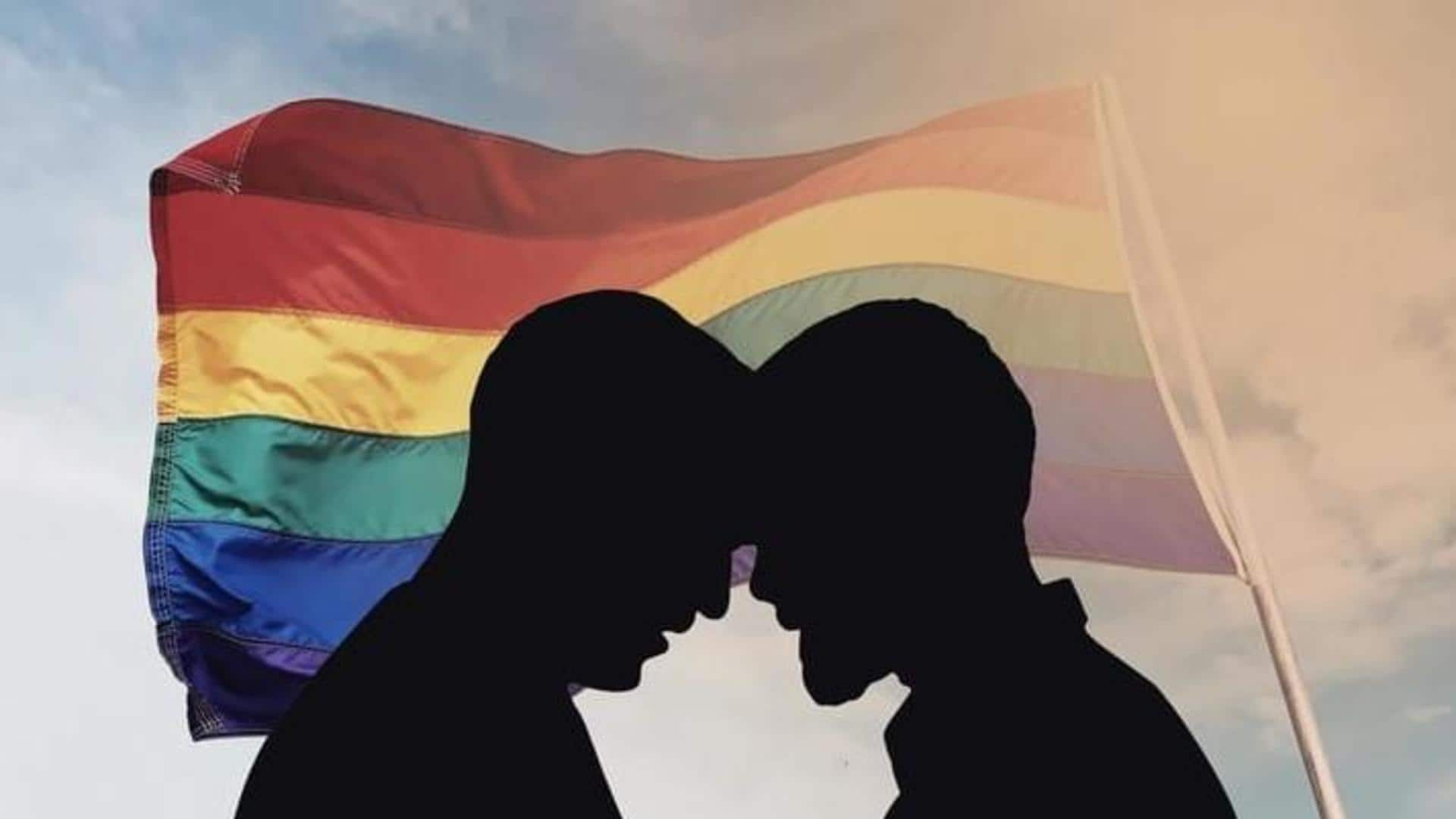
Same-sex marriages incompatible with 'Indian family' concept: Centre to SC
What's the story
The central government on Sunday opposed the legal recognition of same-sex marriages in the country in an affidavit filed before the Supreme Court.
While invoking the existing concept of the "Indian family unit," the government argued that the registration of marriages of homosexual persons would violate personal laws and codified law provisions as well as disturb the "accepted societal values" in the country.
Context
Why does this story matter?
As per rough estimates, there are about seven crore LGBTQ+ individuals living in India.
On September 2018, the five-judge Constitution bench of the Supreme Court legalized decriminalized gay consensual sex by striking down parts of the controversial Section 377 of the Indian Penal Code in a landmark judgment.
However, the government repeatedly opined against the registration of same-sex marriages in India.
Details
What exactly did Centre say?
The Centre urged the Supreme Court to dismiss challenges to the present legal framework stating that same-sex partnerships are not equivalent to the "Indian family unit" idea of a husband and wife and children.
It contended that same-sex marriage registration would result in violation of current personal and codified rules such as "degrees of prohibited relationships," "conditions of marriage," and "ceremonial and ritual requirements."
Quote
Idea of marriage ought not to be disturbed: Centre
"The notion of marriage itself necessarily and inevitably presupposes a union between two persons of the opposite sex. This definition is socially, culturally, and legally ingrained into the...idea of marriage and ought not to be disturbed or diluted by judicial interpretation," the Centre said.
Affidavit
Same-sex marriage has more ramifications than simple legal recognition: Centre
The Centre further stated, "The parties entering into marriage create an institution having its own public significance, as it is a social institution from which several rights and liabilities flow."
"Seeking declaration for solemnization/registration of marriage has more ramifications than simple legal recognition. Family issues are far beyond mere recognition and registration of marriage between persons belonging to the same gender," it added.
Pleas
Pleas filed by same-sex couples
Two same-sex couples petitioned the SC to recognize homosexual marriages last year.
Supriyo Chakraborty and Abhay Dang, who live in Hyderabad and have been together for over 10 years, have filed one of the pleas. They also held a "commitment ceremony" in 2021.
Similarly, Parth Phiroze Mehrotra and Uday Raj Anand filed another such PIL; the couple has been together for over 17 years.
More petitions
Petitioners seek gender-neutral legislation
The aforementioned petitioners reportedly rely on NALSA v/s Union of India, where the top court maintained the Constitution "protects non-binary individuals."
It also said that the protections granted under Articles 14, 15, 16, 19, and 21 couldn't be limited only to males or females.
So, petitioners request the restrictions for same-sex marriages under Section 4 (c) of the Special Marriage Act be read down.
2018 judgment
Landmark SC judgment of 2018 says criminalizing gay sex irrational
In September 2018, the Supreme Court resolved a decades-long demand of the LGBTQ+ community by decriminalizing consensual homosexual sex.
A five-judge constitutional court led by former Chief Justice of India Dipak Misra struck down Section 377 of the Indian Penal Code (IPC), which was a 158-year-old colonial-era provision.
"The [LGBTQ] community has the same rights as of any ordinary citizen," Misra had stated.